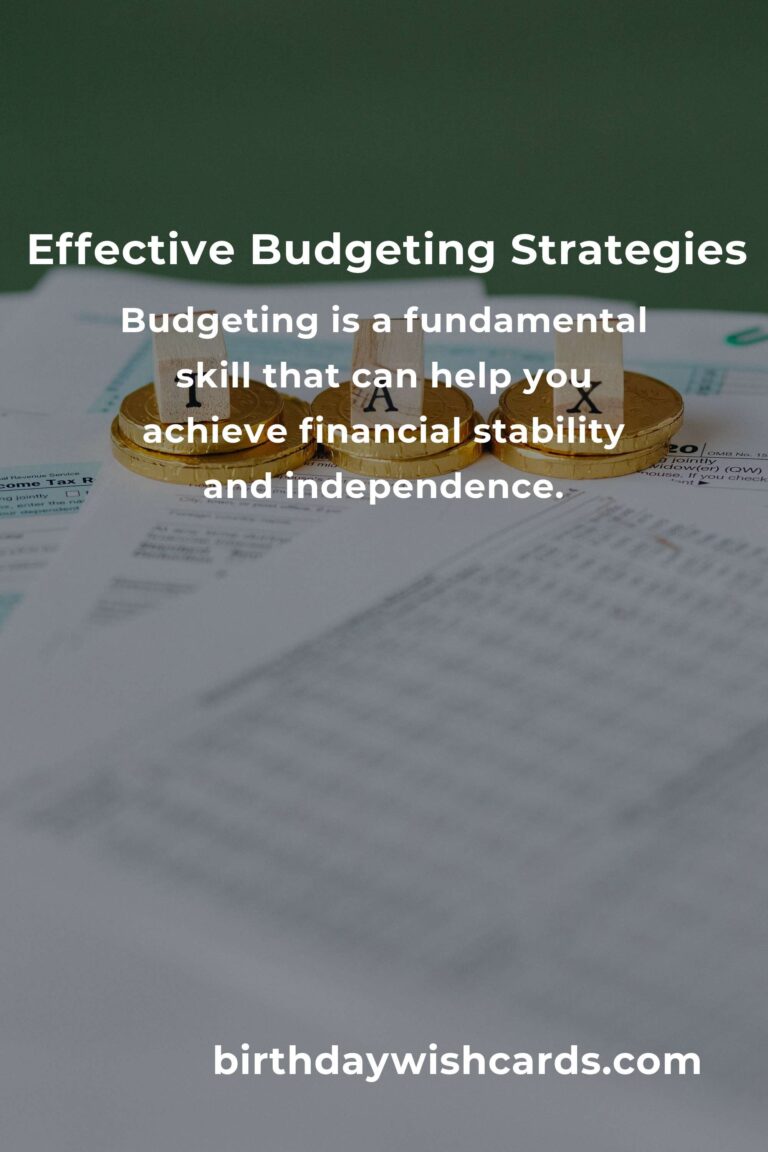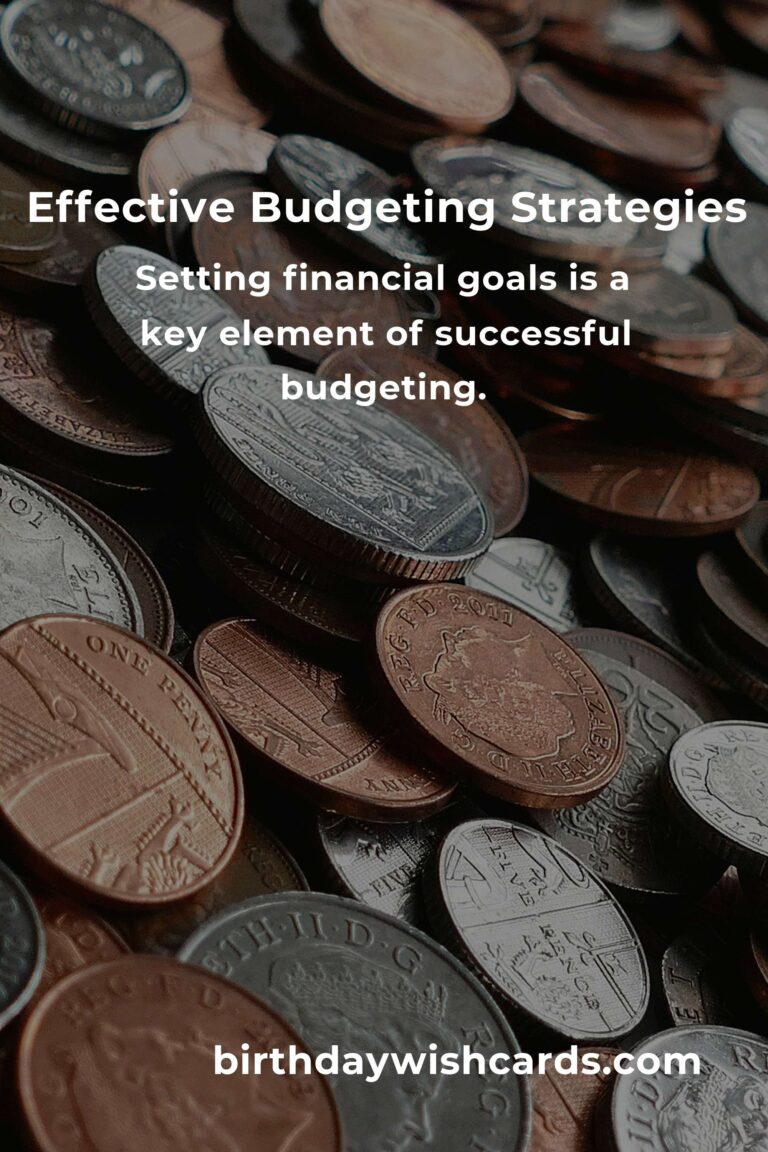
In today’s fast-paced world, understanding how to manage your finances effectively is crucial. Budgeting is a fundamental skill that can help you achieve financial stability and independence. This comprehensive guide will provide you with essential budgeting lessons to help you master the art of managing your finances.
Understanding the Basics of Budgeting
At its core, budgeting is about creating a plan for your money. It involves tracking your income and expenses to ensure that you are living within your means. By understanding the basics of budgeting, you can make informed financial decisions and avoid unnecessary debt.
To start budgeting effectively, begin by listing all your sources of income. This includes your salary, any side hustles, and other forms of income. Next, list your expenses, categorizing them into fixed (rent, utilities) and variable (entertainment, dining out).
Setting Financial Goals
One of the key elements of successful budgeting is setting clear financial goals. These goals can range from short-term objectives, like saving for a vacation, to long-term goals, such as buying a house or retiring comfortably. Setting specific, measurable, achievable, relevant, and time-bound (SMART) goals will help you stay focused and motivated.
Tracking Your Spending
Tracking your spending is an essential part of the budgeting process. By keeping a close eye on where your money is going, you can identify areas where you might be overspending and make necessary adjustments. There are numerous tools and apps available today that can help you track your expenses easily and efficiently.
Creating a Realistic Budget
Creating a realistic budget is key to successful financial management. Your budget should reflect your actual income and expenses, allowing for both necessities and discretionary spending. Be honest with yourself about your spending habits and make adjustments as needed to ensure that your budget is realistic and sustainable.
The Envelope System
The envelope system is a popular budgeting method that helps you manage your spending by allocating cash to specific categories. For each budget category, you put the allocated amount of cash into an envelope. Once the cash is gone, you cannot spend more in that category. This system can help reinforce discipline and prevent overspending.
Adjusting and Reviewing Your Budget
Your budget is not a static document; it should be reviewed and adjusted regularly to reflect changes in your financial situation. Life events such as a new job, a pay raise, or unexpected expenses may require you to tweak your budget. Regularly reviewing your budget will help you stay on track and make necessary adjustments to achieve your financial goals.
Dealing with Debt
Debt can be a major barrier to financial stability. If you are struggling with debt, it is important to incorporate debt repayment into your budgeting plan. Prioritize paying off high-interest debt first and consider strategies such as the snowball or avalanche methods to systematically reduce your debt burden.
Building an Emergency Fund
An emergency fund is an essential component of a sound financial plan. It provides a financial cushion for unexpected expenses, such as medical emergencies or car repairs. Aim to save at least three to six months’ worth of living expenses in your emergency fund to protect yourself from financial setbacks.
Investing for the Future
Once you have a handle on your budget and have built an emergency fund, consider investing for the future. Investing can help you grow your wealth over time and achieve long-term financial goals. Educate yourself about different investment options and consider speaking with a financial advisor to develop a strategy that aligns with your goals.
Conclusion
Mastering budgeting is a journey that requires discipline, patience, and commitment. By understanding the basics, setting clear goals, tracking spending, and making informed financial decisions, you can achieve financial independence and security. Start implementing these budgeting lessons today and take control of your financial future.
Budgeting is a fundamental skill that can help you achieve financial stability and independence. Setting financial goals is a key element of successful budgeting. Tracking your spending is essential for identifying overspending and making adjustments. The envelope system is a popular method for managing spending by allocating cash to specific categories. Building an emergency fund provides a financial cushion for unexpected expenses.
#Budgeting #FinancialPlanning #MoneyManagement #FinancialGoals #DebtFree













